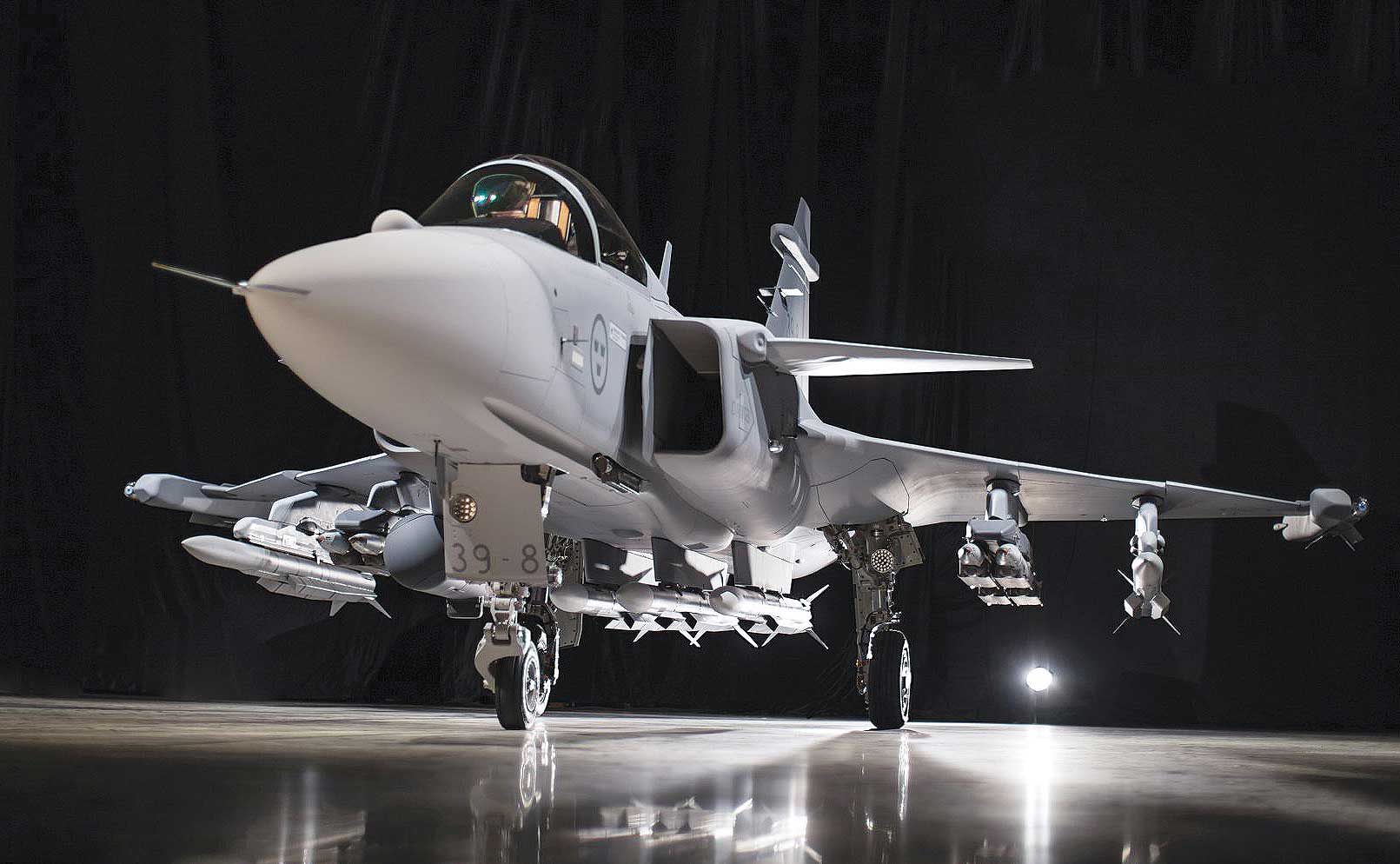- P15 billion too costly for fighter jets
- Budget constraints frustrate BDF ‘s fighter jets dream
- BDF, Ministry say no deal signed yet
- Establish a local defence equipment industry – Lt Gen Galebotswe
TEFO PHEAGE
The Botswana Defence Force (BDF) and its parent Ministry of Justice, Defence and Security’s controversial multibillion pula Gripen jets deal is said to be on a screeching halt as the country has no budget to fund the procurement.
A highly place army personell told The Botswana Gazette that “at the moment there is no deal which has been concluded with any of the potential manufacturers, the desire has been has been frustrated by the budget which cannot match their preferences..”
In an interview with this publication, Defence Minister, Shaw Kgathi whose Ministry is responsible for the army’s budget said they are looking different options, “Nothing yet has been finalised, in fact nothing much has been done. We are still looking for better affordable deals,” he said.
The BDF said for their part said they “have been in discussion with several governments and aircraft manufacturers, with a view to evaluate the possibility of replacing our aircrafts.”
In 2016, the former Commander, Lieutenant General, Galebotswe informed the Parliamentary Accounts Committee that there are no middlemen involved in the ongoing negotiations between the governments of Botswana and Sweden, where Botswana had shown interest in acquiring between eight and 12 JAS Gripen “C” and “D” aircraft variants respectively, to replace its ageing fleet of US-made F-5 fighter jets. The BDF had previously denied using agents to procure military equipment, including military aircraft only to be contradicted in parliament years down the line when it emerged that Seleka Springs, a company that was owned by former president Ian Khama’s twin brothers and minister, Tshekedi Khama benefited from the tenders.
The commander advised the PAC, that the high costs incurred in procuring military equipment from abroad could be reduced if the government established a local defence equipment industry. He said the BDF needs to acquire more equipment to replace obsolete equipment that had become expensive to maintain. The cost of the possible contract between the BDF and FMV, the Swedish Defence Materiel Administration, is estimated at over P15 billion.
Last year former President Ian Khama visited Sweden to negotiate a multibillion arms deal involving Gripen fighter jets. Swedish and local media outlets reported that the two countries were on the verge of concluding an arms deal and President Khama was there to seal it. Khama had joined Defence Minister Shaw Kgathi, who was in Sweden for the week prior, to familiarise himself with different variants of Gripen jets.
The trip attracted criticism from those who viewed the move as gratuitously expensive for an army that barely faced an imminent threat and was only known regionally for being a poacher’s worst nightmare and humanitarian excursions, for which the Gripen was unsuitable. However according to Galebotswe, Botswana is living in a VUCA (volatility, uncertainty, complexity and ambiguity) environment where the military has to be equipped and ready to defend the country at all times.
This view was expanded by the managing editor of African Defence Review, John Stupart, who told Peter Dorrie an analyst focussing on security and resource politics in Africa that Botswana is actually surrounded by countries fielding quite advanced equipment. He opined that;
“When you look at the regional air threats to Botswana’s sovereignty, however remote, this consideration for Gripens makes even more sense,” Stuart wrote in an email to War Is Boring. “The Angolan Su-30K deal and a recent military escalation with neighbouring Zimbabwe paints a clear picture that Botswana must protect its airspace.”
“Barring any guarantees of its sovereignty from South Africa, which have not happened, the BDF will be on its own in the event of such scenarios.”
Because Botswana has always used Western fighter aircraft, the Gripen would also be a logical successor in terms of doctrine and equipment.
Additionally, the Gripen would fit well into Botswana’s ongoing military commitments. According to Stupart, the BDF is a “key player” in the Southern African Development Community’s Standby Brigade, which is designed to give both the SADC and the African Union a rapid-deployment capability in case of a security crisis.
The other big player in this and other regional security cooperation is South Africa, which fields one of the continent’s strongest military forces and has relied on the Gripen as its main air asset since 2008.
“BDF Gripens working with SAAF Gripens, both in a training and exercise role, and in an operational one, is a big plus,” Stupart says. “If SADC commanders have two nations’ air assets to utilize rather than just South African ones, that’s a big advantage, militarily and politically.”
The same could not be attained with a plane like the Super Tucano, Stupart argues, citing the challenges of developing joint doctrines and procedures.
However, contrary to Stupart’s views South Africa has due to affordability and maintenance quagmires grounded all but 7 of the 29 Gripen jets it procured during the scandal ridden Arms Deal.
In 2017 opposition members of parliament, under the Umbrella for Democratic Change (UDC) wrote a ten page petitioned to the Government of Sweden over the proposed military spending and depletion of the country’s financial resources, in the midst of poverty, massive unemployment and social inequality.
The UDC highlighted that under Swedish law no Swedish company could associate itself with or participate in the procurement of such equipment at a cost that would negatively impact on Botswana’s human rights due financial burden such expenditure would place on the economy, to the detriment of standards of living and social welfare of Botswana. The lack of financial means to purchase the military aircraft appears to have vindicated the UDC position.

